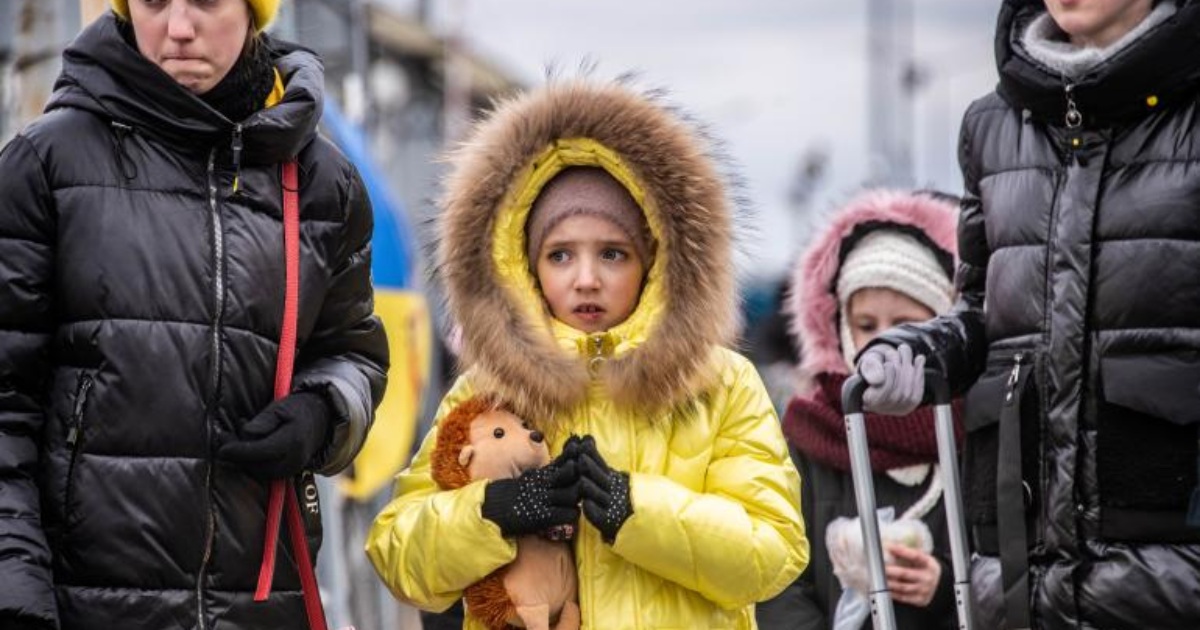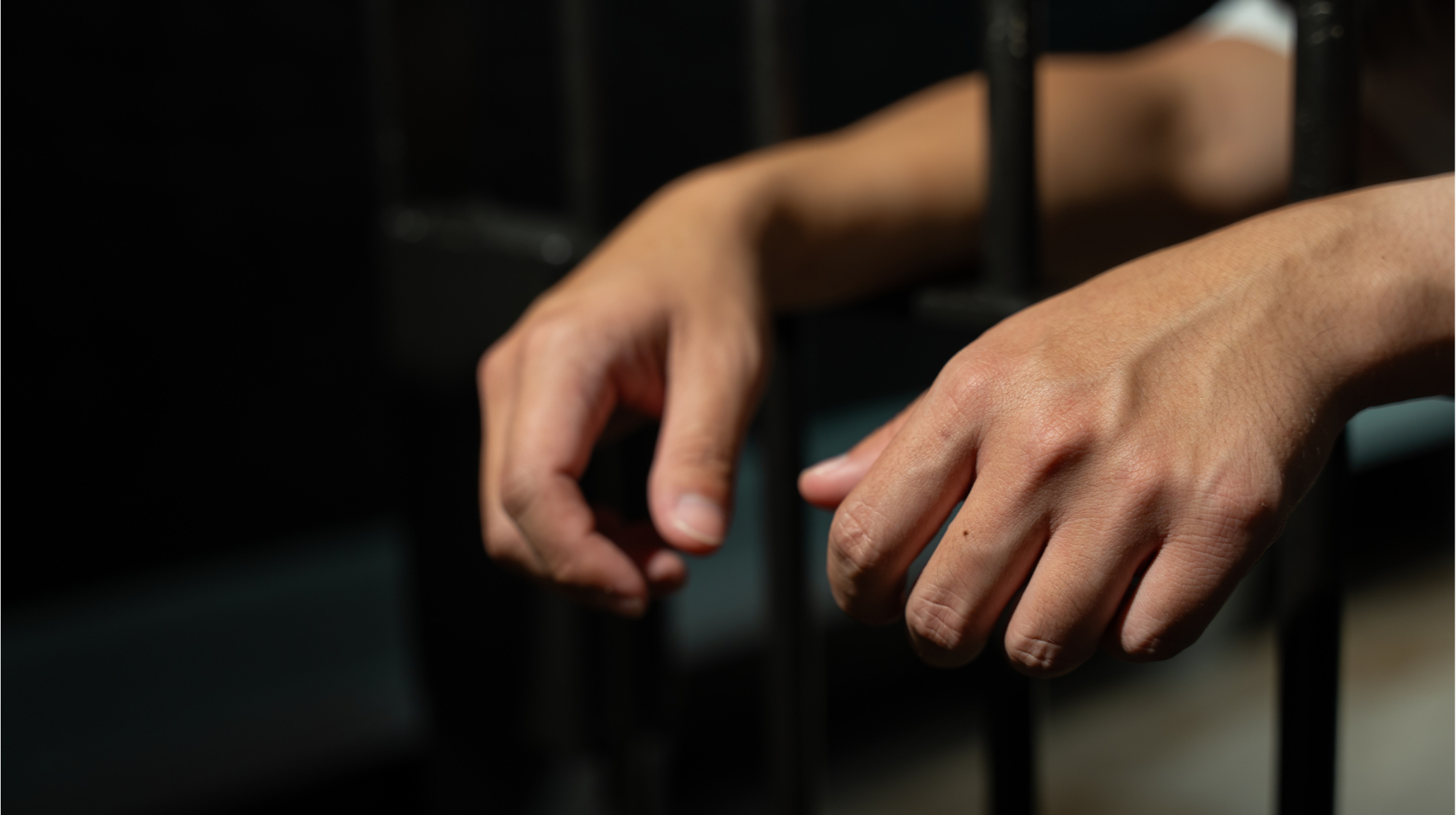Fear of sounds, apathy, aggression: what consequences of war are visible in children? Poll

Sociologists have learned the psychological consequences of war for children: 55% of the surveyed mothers reported that their child was afraid of loud noises in the last month. This is evidenced by the results of a survey conducted by the Rating Sociological Group among mothers of Ukrainian children aged 3 to 17 years. Mothers noticed irritability and apathy in their children (41%), indifference to studies and past interests (39%) – these manifestations are more common in children of middle and high school age. A relatively common problem is outbursts of anger and aggression among children (38%). Also, mothers reported fear and crying for no reason (35%). “Among the factors that can cause traumatic psychological conditions in children, mothers most often recorded fear of loud noises (especially for the smallest children under 9 years old),” sociologists say. Read also: How do children learn during the war and why do they skip school? Survey of mothers Such signs of anxiety states as fear of the future, sleep problems, nightmares, problems with memory and concentration were more often recorded in older children (16-17 years old). The reflection of traumatic events in games and creativity was observed among the youngest children (3-9 years old). 60% of children witnessed or participated in various events related to the war. Most often, according to the mothers, children experienced the following traumatic events: separation from family and friends (28%), moving to another region of the country (25%), shelling and bombing (24%), prolonged stay in a cold room (17%). 11% of children moved abroad, 8% were under occupation, 6% witnessed the death of relatives or loved ones, 5% lost their homes, and another 5% experienced hunger and lack of water. 19% of the surveyed mothers currently live outside the home. 20% left, but have already returned, and 61% did not change their place of residence. 20% of female respondents consider their current place of residence to be dangerous. Most of these people live in the de-occupied, front-line regions and in Kyiv. Also, 41% of mothers noted that among their close relatives (husband, brother, sister, children, parents) there are those who fight. Read also: “We heard the alarm, the planes, the grandmothers…the war has begun”: the most terrible day of February through the eyes of children 87% of mothers say that their children do not need psychological support or help, and 13% said that they do. Most often, these are children of internally displaced persons and those who moved but have already returned. Only 5% of mothers sought psychological help for their child in the last three months. 93% of them were able to get it through a personal visit to a psychologist (78%), online consultation (18%) or by phone (7%). 92% of mothers said that their children do not need medical attention now. 40% applied for such help in the last three months (most often mothers of the smallest children under 5). 98% of those who applied were able to receive such assistance either through a personal visit (92%) or through a telephone consultation (14%). 94% of mothers of Ukrainian children definitely or rather believe that Ukraine will be able to repel the Russian attack. However, almost 40% said that their sense of confidence in the future has worsened over the past year. Most often, such respondents live in places they consider dangerous; moved from their hometown or did not live at home until recently. The survey was conducted on January 27-February 1, 2023 by order of the Ukraine Children’s Action Project. 2 thousand women took part in it. These are mothers of children aged 3-17 in all regions, except for the temporarily occupied territories of Crimea and Donbas, as well as territories where there is no Ukrainian mobile connection at the time of the survey. The error of representativeness of the study with a confidence probability of 0.95: no more than 2.2%. Read also: Acne, stuttering, mutism: how the body reacts to stress and what threatens a year of chronic experiences
Original Source Link











